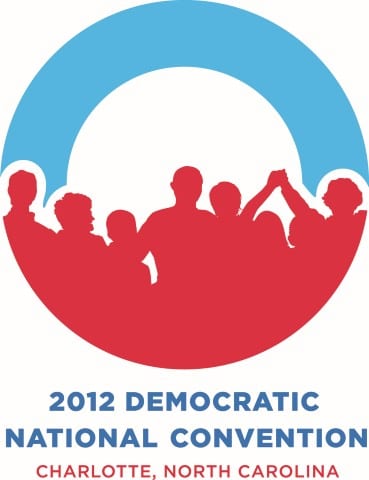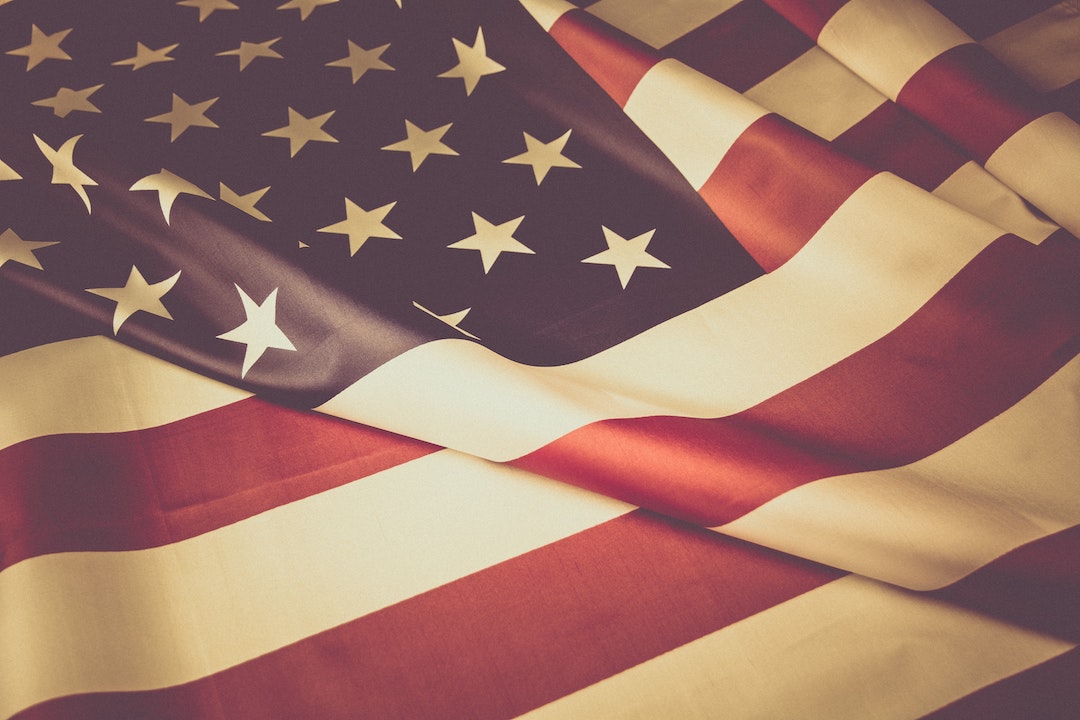 When Democrats gathered this week in Charlotte, their main objective was to set a strong platform for President Obama to officially launch his reelection campaign. The DNC’s 2012 Convention featured a full schedule of speeches, events and policy briefings to showcase the Obama Administration’s record on important issues, such as the economy, energy and healthcare, all of which affect both companies and individuals – culminating in President Obama’s speech accepting the party’s nomination on Thursday night.
When Democrats gathered this week in Charlotte, their main objective was to set a strong platform for President Obama to officially launch his reelection campaign. The DNC’s 2012 Convention featured a full schedule of speeches, events and policy briefings to showcase the Obama Administration’s record on important issues, such as the economy, energy and healthcare, all of which affect both companies and individuals – culminating in President Obama’s speech accepting the party’s nomination on Thursday night.
Politicians and political pundits weren’t the only ones weighing in on the future direction of the country. While Politico reported that “…lobbyists and corporations have come to the Queen City in droves even though the Democratic National Committee has made them persona non grata,” companies and their trade associations nevertheless found opportunities to use the Democratic National Convention to showcase their thought leadership on issues of primary concern to Main Street and Wall Street.
The Corporate Presence in Charlotte
Why do companies still devote the time and resources necessary to have a visible presence at both the Republican and Democratic National Conventions? Because they can capitalize on the power of a captive audience that includes policymakers, consumers and over 15,000 journalists from the U.S. and around the world.
As one government relations communications executive – who represented his company at both national conventions – remarked, “Where else in the world can you engage for two consecutive weeks with the broadest possible reach of elected officials and policymakers? For corporate America, the national conventions present a singular opportunity to not only show our thinking on the policy issues of the day in formal and informal settings, but also to demonstrate to our country’s political leadership that our worlds are inherently linked.”
- When it comes to advocacy, the national conventions are still two of the most important “moments in time” for corporate America: Some corporations leveraged the presence of key policymakers, influencers, reporters and grassroots supporters in Charlotte to focus on timely policy debates – hosting events to exchange ideas, visions and themes for enhancing public/private partnerships, as well as to showcase emerging technologies to grow the U.S. economy. “Building the Future of Energy Efficiency,” “Moving America Forward: Health Care Voices from the Front Lines,” “Transportation Moving America Forward,” and “Building Healthier Cities” were just some of the forums taking place in Charlotte this week for delegates and media to attend.
- Brands can still “break through” with creativity: Other companies seized upon the cultural zeitgeist of the convention to sponsor receptions, sporting events and health and wellness services for attendees. Take for example White Castle, which hosted a themed party on Tuesday night to play upon the popularity of actor and convention speaker Kal Penn, a former Obama Administration official, who starred in a spoof campaign video with President Obama and his “Harold and Kumar Go to White Castle” co-star, John Cho.
- Social media giants are here to stay – as content generators and as corporate players: As our colleague, KayAnn Schoeneman reported from Tampa, social media companies like Google/YouTube, Twitter and Facebook are changing the fundamental way in which delegates and audiences are taking part in the Conventions – both on site and at home. For these “newer” media companies, Charlotte not only generated a significant amount of content traffic on their platforms; the companies also had a corporate presence of their own during the Convention, such as the Google Lounge, a brightly colored, tented space where attendees could gather with fellow delegates and recharge their laptops and smart phones. Facebook also hosted a special event, called “Apps and Drinks” at a local art gallery to showcase its politically-designed applications.
Beyond the speeches, the rhetoric and the balloon drops, political conventions are still considered part of “doing business” for corporate America in 2012 – even as the rules of engagement continue to evolve.
Lauren Levinson and Joe Wagner contributed to this post.


